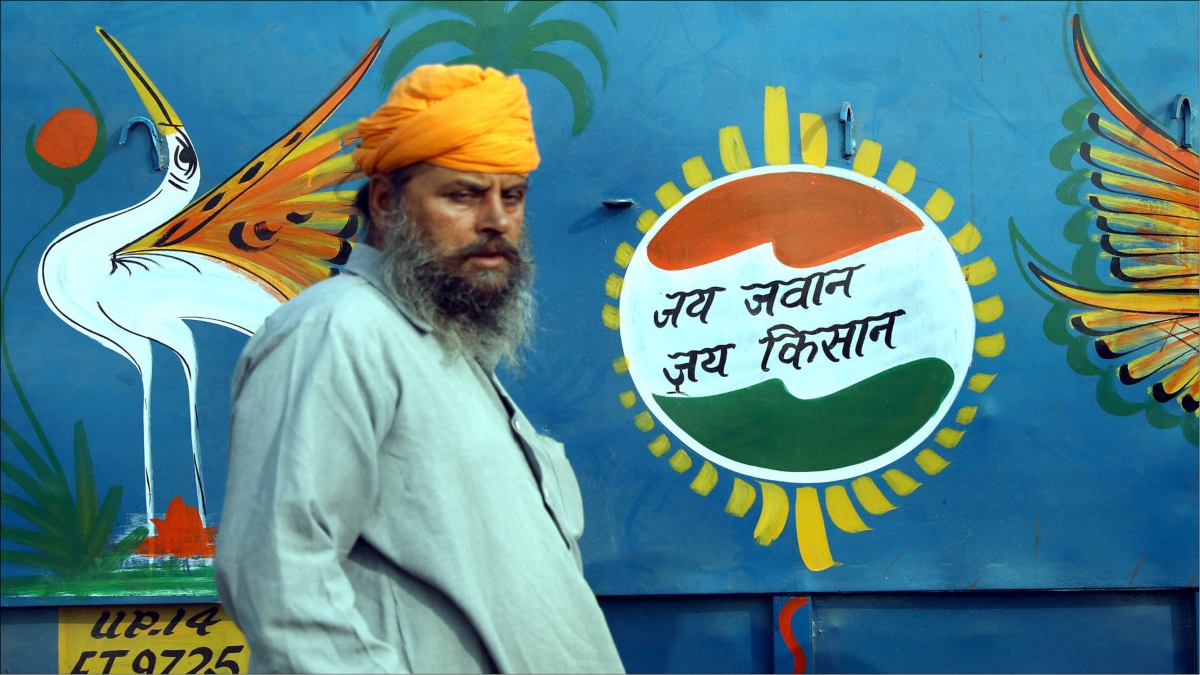


It is hoped that some progress will be made in the Wednesday, 9 December, talks between the Central government and the farmers—primarily from Punjab—agitating on Delhi’s borders, and there will be an end to the current impasse. But sadly, right now this appears to be difficult, because the farmers are asking for the repeal of the three farm laws, which, it is hoped, the government will refuse to do. The government’s stand is that the farmers should voice their concern about specific provisions in the laws and if possible, after negotiation, such provisions can be amended. Such a stand is perfectly reasonable. The government is also ready to give a written guarantee on MSP. But the farmers are adamant that the laws must be repealed. They have made this into a “yes” or “no” issue and are threatening to intensify their blockade of Delhi. Frankly, this is unreasonable and amounts to muscle flexing. A law directed at 600 million people involved in agriculture and allied services cannot be repealed because a minuscule percentage of that number has problems with the laws—laws that have brought in landmark reforms in a sector that has kept the people working in it impoverished. Worse, the Opposition parties and some farmers’ unions that are now backing the agitation, were talking about the need to bring these very same reforms for years. But now these same people have jumped on the bandwagon of the farmers’ protest and are indulging in disruptive politics. A manifestation of this is their support for Tuesday’s Bharat Bandh call given by the farmers. Even someone like Mamata Banerjee, sitting in faraway Bengal, who has been opposing strikes all through her tenure as Chief Minister, has declared that she is in support of the bandh, but interestingly, not in her own state! She is also going around trying to make the farm laws into an issue ahead of the elections, even though farmers in her state are not protesting the laws. But then she is facing a difficult election ahead and needs to find an issue with which to corner the Bharatiya Janata Party. Even Shiv Sena for that matter, in Maharashtra, where farmers by and large have welcomed the new laws. It is a different matter that outside of Punjab, and some pockets in neighbouring states, painting these laws as ill-intentioned are unlikely to bring electoral dividends. It was tried in Bihar, but in vain. This is because there is recognition that these laws are directed towards giving this country’s farmers a better life. It is the mark of a mature Opposition to support reformative laws instead of calculating the quantum of political benefits the ruling party will derive from such laws. If they do not do so, they will be pushing themselves further towards political irrelevance, which is not in the interest of democracy.
As for the government, it should not give in to the pressure tactics being used by vested interests, many of whom are politicians and have mobilised this protest. They are not interested in the plight of farmers, but only in maintaining status quo, where they continue to get richer, while the poor farmers get poorer and stay beholden to them. If the government gives in, that will be the end of the reform process, which has been initiated by Prime Minister Narendra Modi. Almost every sector in this country is crying out for reform—be it banking or insurance, or even the social sector. Bringing in reforms in India is not easy since it will require uprooting decades of status quo. People have voted Mr Modi to power because they believe his intentions are right, that he has it in him to bring in substantive changes, for the better. There should not be any backtracking on the farm laws. Amendments may happen but the laws will not be repealed—that is the premise on which discussions should continue.